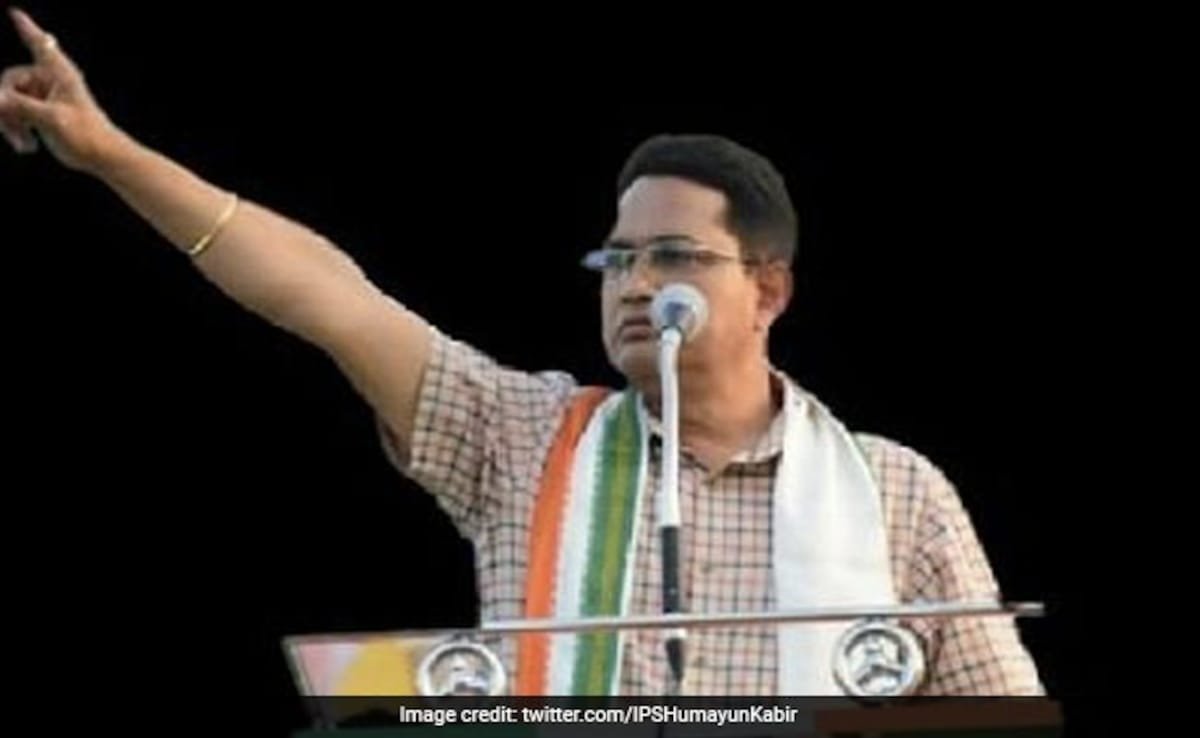
INDIA bloc was formed as a combined opposition.
New Delhi:
Acknowledging growing discontent among INDIA bloc partners with the Congress, Jammu and Kashmir Chief Minister Omar Abdullah has asked the party to justify its leadership role in the alliance instead of taking it for granted.
Abdullah, while recognising the Congress’ significant position as a pan-India party and the largest opposition in Parliament, emphasised that leadership “has to be earned” and cannot be taken for granted. He also suggested that the party should raise the issue of restoration of statehood in Jammu and Kashmir.
“By virtue of being the single largest party in Parliament, and also having the leader of opposition in both the Lok Sabha and the Rajya Sabha, the fact that they have a pan-India footprint, which no other party can lay claim to, they are natural sort of leaders of an opposition movement,” Abdullah told PTI in his first interview after becoming the chief minister in October.
Yet there is a sense of disquiet among some of the allies because they feel the Congress is “not doing enough to justify it or to earn it or to keep it. That’s something the Congress might wish to consider.” Still, Abdullah praised former Congress president Sonia Gandhi, describing her as a leader of unparalleled stature within the opposition alliance. “When the INDIA bloc comes together, she plays an important leadership role,” he added.
Abdullah chose not to give a direct answer to a question about statements made by leaders like Sharad Pawar or Lalu Yadav favouring West Bengal Chief Minister Mamata Banerjee as a better leader but highlighted the INDIA bloc’s lack of consistent engagement, warning that the coalition risks becoming a mere election-time convenience.
Abdullah stressed the need for sustained interactions beyond the electoral cycle, noting that the alliance’s current approach appears sporadic and ineffective.
“Our existence can’t just be about six months before Parliament elections. Our existence has to be something more than that. The last time we met was when the Lok Sabha results had only just come out. There has been no formal or informal sort of work that has been done for the INDIA bloc,” he said.
Abdullah, who is the vice president of the National Conference, also stressed the importance of establishing a structured communication framework.
“You need to have a programme of regular interactions,” he explained, adding “not that you just come alive once Lok Sabha elections are announced and suddenly start talking and trying to work things out”.
Abdullah’s comments suggest underlying tensions within the opposition alliance, indicating that infrequent meetings could potentially magnify minor disagreements.
“If we had a more regular process of interaction, perhaps these smaller irritants wouldn’t assume larger proportions,” he added.
Abdullah has also not been very happy with the electoral alliance his National Conference party formed with the Congress before the Jammu-Kashmir assembly elections, where it failed to pull its weight during campaigning.
The NC won 41 seats while Congress got six. Observers noted that Congress leaders did little work during the campaigning, and left all the heavy lifting to the NC.
INDIA bloc was formed as a combined opposition to stop the ruling BJP juggernaut but has failed to make much dent. Despite its good showing in the parliamentary elections, the Congress and its allies have failed miserably in two recent assembly elections – Haryana and Maharashtra.
Abdullah’s comments are further proof of the discontent within the INDIA bloc and the challenges it faces in countering the BJP in future political engagements.
In a candid assessment of recent electoral debacles for Congress, Abdullah highlighted the growing strains within political alliances, particularly focusing on the Congress party’s electoral performance and seat distribution strategies.
“The Congress needs to critically examine its strike rate and learn lessons applicable to future elections,” he said.
Recurring patterns of alliance discomfort have been observed across multiple states, including Jammu and Kashmir, Jharkhand, and Maharashtra, he said adding these tensions have reportedly contributed to the breakdown of potential alliances, such as the failure to collaborate between the Aam Aadmi Party (AAP) and Congress in Delhi, despite previous parliamentary election cooperation.
Asked whether the Congress could get a ministerial berth in Jammu and Kashmir, Abdullah drew parallels with past power-sharing experiences, referencing the United Progressive Alliance (UPA) government under Manmohan Singh when ministerial portfolios were determined by the number of legislators a party had. At that time Abdullah’s father, Farooq Abdullah, got a minor ministry.
“So if that worked for us then, it works for the Congress now. And the fact is that as a Union Territory, we are limited to having nine ministers. With nine ministers including the chief minister, I was not in a position to offer the Congress more than we did offer them,” he said.
The Congress party has indicated that their participation in the government will be contingent on J-K regaining its statehood, signalling potential future realignment of political strategies.
“So for the time being, they’ve made it very clear that so long as J-K remains a Union Territory, they’ll stay out. Once statehood is restored, then that will change. So we hope that when they’re done fighting in Parliament for other things, they will also talk about statehood for J-K.” he said.
(Except for the headline, this story has not been edited by NDTV staff and is published from a syndicated feed.)



